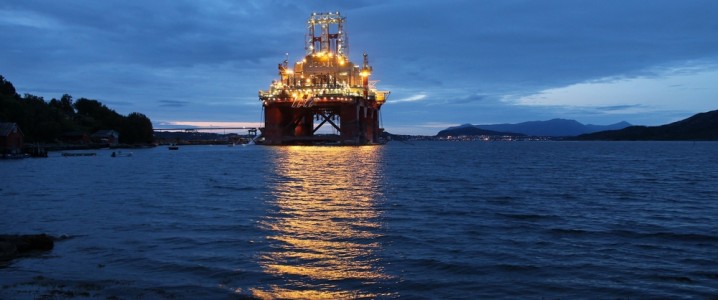The UK government has revised its position on new oil and gas production in the North Sea, now set to greenlight new output from existing fields and fields in close proximity to them.
The government announced this decision during the presentation of its budget this week, crushing industry hopes for the end of the windfall tax that was introduced in 2022. The tax will remain in place until 2030, Reuters reported.
The energy industry has spoken against the tax repeatedly, warning it would discourage much-needed investment in new domestic energy supply to reduce the UK’s increased reliance on imports, which energy secretary Ed Miliband has blamed for high electricity prices at home.
“The future of North Sea energy depends on investment, which won’t come without urgent reform of the windfall tax,” Offshore Energies UK’s chief, David Whitehouse, said, as quoted by Reuters. “If the levy stays in place beyond 2026, projects will stall, and jobs will vanish, no matter how pragmatic licensing policy becomes,” the head of the industry group also said.
Since the Energy Profits Levy (EPL), or the windfall tax, was initially introduced by the Conservative government at the height of the energy crisis in 2022, oil and gas companies operating in the UK North Sea have been calling for certainty in the regulatory and tax framework. Recent changes in policies and the rising taxes imposed by the current Labour government have driven away operators, who say that a lack of North Sea investments would only make the UK more dependent on oil and gas imports.
Late last year, as Labour further raised the windfall tax, it also removed the 29% investment allowance on oil and gas operations, further stifling UK North Sea investment. The result has been an exodus of companies, a decline in production, and a slump in exploration drilling.
The UK’s oil and gas production has slumped from some 4.4 million barrels of oil equivalent daily 25 years ago to some 1 million barrels of oil equivalent daily to date. This is seen dropping to as little as 150,000 barrels by 2050.
By Irina Slav for Oilprice.com
More Top Reads From Oilprice.com

